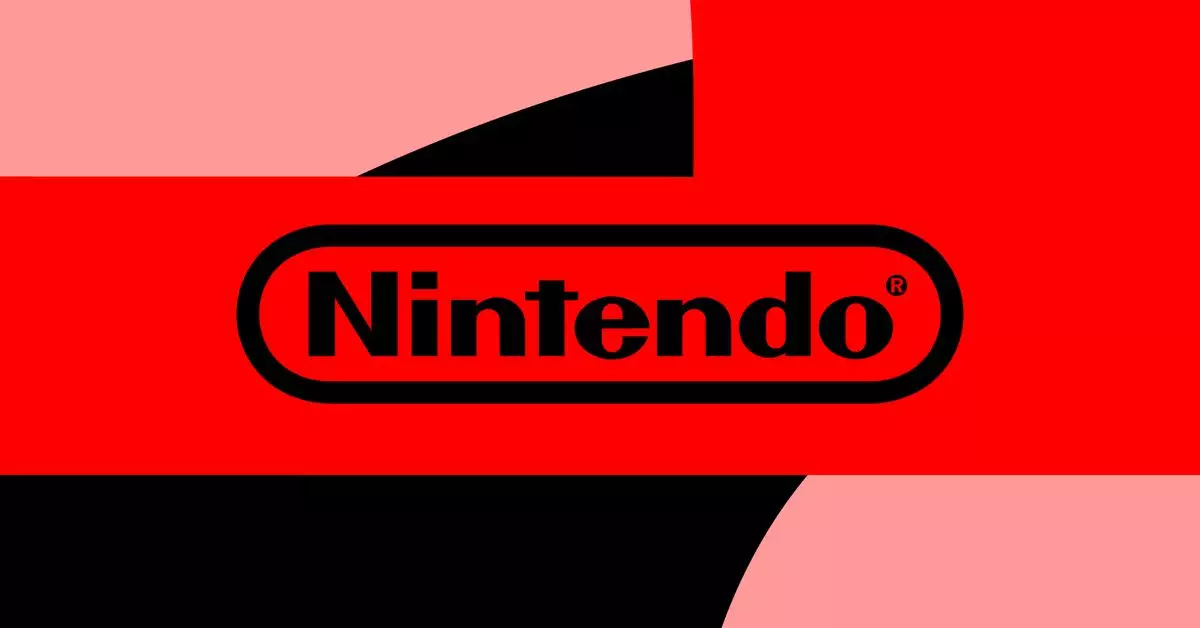While Nintendo remains a dominant force in the gaming industry, the gaming community is abuzz with anticipation regarding the company’s upcoming console, often referred to as the Switch successor or “Switch 2.” Recent announcements from Nintendo suggest that this new console will maintain compatibility with existing Nintendo Switch games and incorporate features from Nintendo Switch Online, a move that has excited fans. However, as the gaming landscape evolves, there are several critical aspects to consider regarding backward compatibility, market performance, and gaming preservation.
The establishment of backward compatibility has been a contentious topic for console manufacturers. Nintendo’s decision to ensure the seamless play of existing Switch titles on its forthcoming console indicates a commitment to longevity and user satisfaction. This initiative stands out amid the mixed records of major competitors like Sony and Microsoft. While both the Playstation 5 and Xbox Series X have earned praise for their backward compatibility, Nintendo’s prior transition from the Wii U—a system utilizing discs—to the cartridge-based Switch posed significant hurdles. Consequently, players have often found themselves at the mercy of whether Nintendo would release remastered versions or include older titles in its online library.
As players eagerly await more details about the Switch’s successor, it is clear that the reassurance of compatibility with existing titles is not merely a marketing tactic; rather, it reflects Nintendo’s desire to foster a sense of continuity in an industry often marked by abrupt shifts. The potential for lost access to beloved games has sparked concern among gamers, reinforcing the notion that backward compatibility is not solely a convenience but a matter of preserving cherished gaming experiences.
According to the latest figures from Nintendo’s midyear policy briefing, sales of the current Switch have witnessed a notable decline. The announcement of 4.72 million units sold in just three months signifies a 31 percent drop compared to the same timeframe last year. This downturn might sound alarming, but it’s essential to consider the entirety of the console’s lifecycle. The Switch has achieved remarkable success, with total sales reaching a staggering 146 million units, eclipsing many of its predecessors.
Amidst this overall success, the drop in Switch Online subscriptions to approximately 34 million has raised eyebrows. However, Nintendo’s response—a notable uptick in interest for the Expansion Pack—demonstrates adaptability in the face of changing consumer preferences. This mixed performance is indicative of the dynamic nature of the gaming market, where shifts in demand can lead to varied results, and highlights the importance of ongoing innovation to maintain a loyal fanbase.
More than just a conversation about player convenience, the topic of backward compatibility delves deeper into a pressing issue—video game preservation. With over 87 percent of games released before 2010 being classified as “critically endangered” by the Video Game History Foundation, the responsibilities of publishers like Nintendo extend beyond mere profit margins. The question arises: How can companies ensure the accessibility of gaming history to future generations?
While Nintendo has made strides in introducing some older titles to the Switch, the allure of remastered classics and the nostalgia they inspire can often leave fans yearning for more. The gaming industry needs to acknowledge that preserving titles from a variety of consoles is vital for maintaining cultural integrity and historical richness. By offering accessible mediums that allow new players to engage with these titles, companies can foster a deeper understanding of the art form and its evolution.
As the anticipation around Nintendo’s upcoming console heightens, enthusiasts are eager for further developments regarding its features and launch details. The company appears to be mindful of player concerns, preparing a console that not only supports backward compatibility but also recognizes the importance of gaming heritage. Between the balance of navigating declining sales alongside a dedication to innovation, Nintendo stands at a crucial juncture. As they work towards revealing their plans, the competition will undoubtedly grow fiercer, emphasizing the need for companies to prioritize the preservation of gaming history while striving to meet the ever-evolving demands of players.

